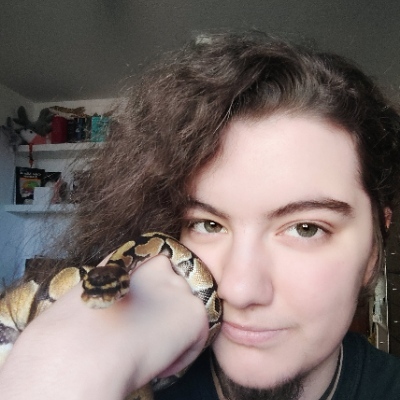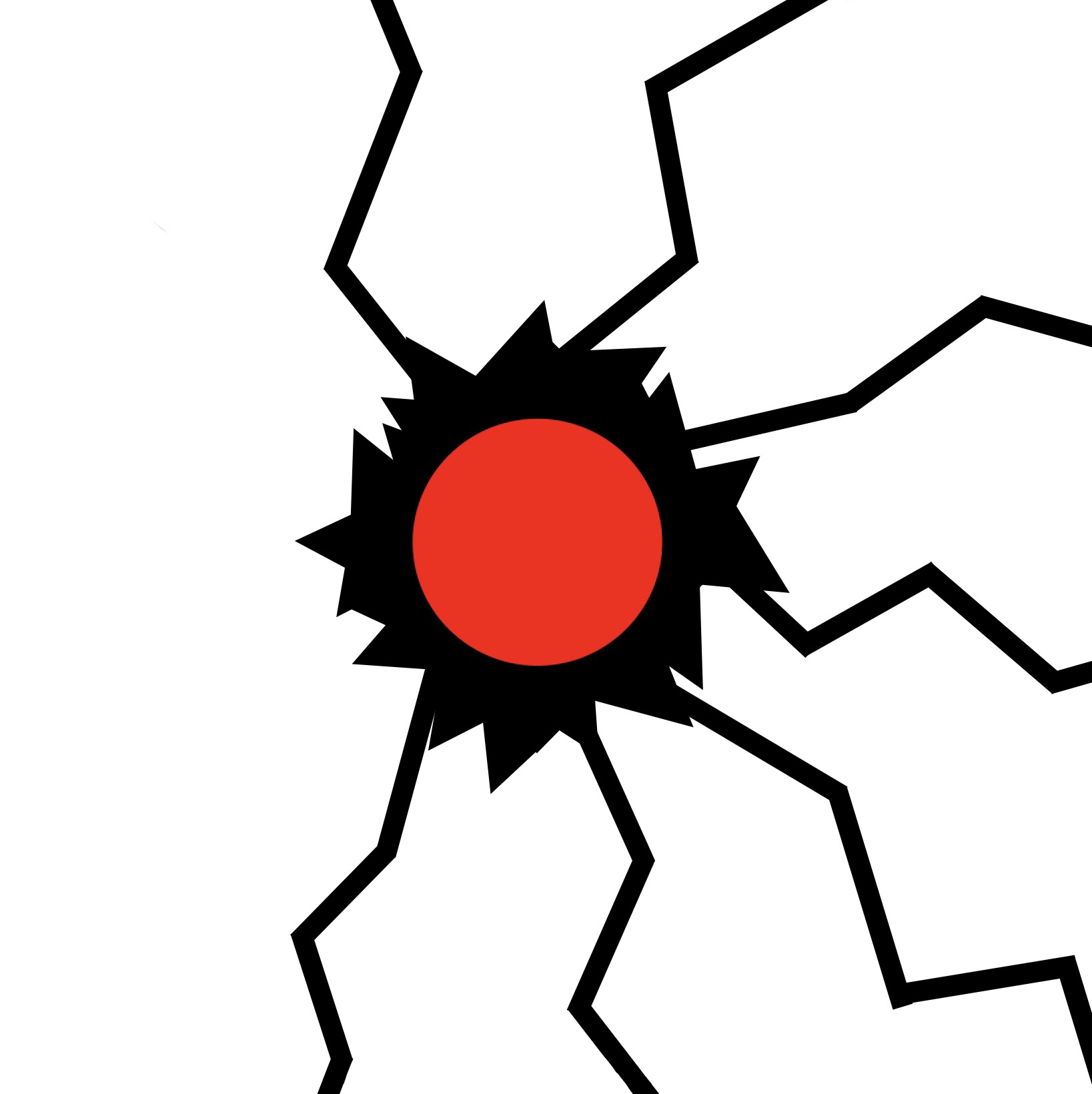Maybe I’m ND, but I always called them real friends and fake ones. The real ones always pick right up where they left off.
I agree. if a NT tries to blow you off because of time alone, it’s not because of time alone. it’s likely that they let the friendship fade on purpose because it wasn’t comfortable or enjoyable for them anymore. NTs who are good friends can pick up after multiple years and it’s like no time has passed.
It can also depend on the person ND or not. Im not diagnosed with autism but i never have stopped liking someone bc we didnt talk in a while… i do have social anxiety and i dont talk to my friends every day or can go long time between ever talking to them, but i still like them the same im just not very talkative… I only worry about what if THEY dont feel that way one day and what if theyre upset at me for not talking to them, or what if they never wanna talk to me again because is been so long but no one got upset.
Wow. Do NTs require so much talking? 6 months isn’t long to pause a conversation for.
I have a theory that what I’m going to call “standard issue humans” are kind of like the Borg. They have a part of their brain that is devoted to and specialized in sending and receiving social signals. Furthermore, their brain does not distinguish between “local resources” and “network resources”. For many of their ways of thinking, they are utterly dependent on their network resources, and don’t really realize why their thinking is “incomplete” when they are alone. They just feel the anxiety of resources not answering system calls.
For us, either we lack this node, or we have it but it’s just unreliable, like a wifi router with a busted antenna. Either way, we have been forced to mature in a fashion that does not rely on network resources. When we do need to communicate with the outside, we have to rely on software emulation and creative use of other hardware. Either way, it is a slow and alien way to move information, and so we absolutely do distinguish between local and network resources.
This affects friendship. “Normal” friendship is like Data’s (Star Trek: TNG) idea of friendship. They become accustomed to regular communication with another node, to the point where that node becomes indistinguishable from local resources. Many parts make system calls to this node. When this node becomes unavailable for an extended period of time, the absence is nearly as traumatic as the absence of a limb. This being the common experience, failure to “keep in touch” can be seen as an act of supreme carelessness, if not aggression. It is also potential evidence that you are not as integrated into their system as they are into yours.
But for us, just establishing communications protocols is an awkward and painful process, so we rarely do it. Even when we do, we grow accustomed to long absences, due simply to the extremely slow bandwidth and irregularity of contact inherent in how our external communications work. We do integrate people, we just don’t do it as often. But when we do, it is normal for us for contact to be sporadic and unreliable, simply due to poor signal. So “network resources” are flagged as such, and such a resource “going dark” for extended periods of time is normal. Resumption after long periods of time is also normal.
I love this. Finally someone else who can explain this in my language. The human brain really is a sort of extremely advanced computer, after all. So networking analogies like this really do make sense.
I like this analogy. It captures the concept quite well and easy to understand :D
I don’t know that they require talking, but they want to. I think it maintains an emotional connection that ND’s may find uncomfortable.
Nr/nd? Context please…
NT: neurotypical, ND: neurodivergent
I’m NT (I think) but I resonate with this. I have an online friend that I’ve known since about 2005; he’s autistic, though neither of us knew that at the time (late diagnosis). Anyway, around 2014 or so, he just… disappeared. He was going through some nasty relatioship issues so I figured he needed time to get things sorted, or was maybe depressed (I have experience of that and I know the last thing I want to do when I’m depressed is talk to people). Anyway… in 2021, he messaged me again out of the blue, and we literaly did just pick up right where we left off, and its great. We immediately went back to chatting nearly every day, and still do. And he’s now happily divorced.
thank you for being cool with his relationship style, and congrats to him on his divorce!
I have a friend like this. We rarely talk, but when we do, we enjoy it and nether of us have ever questioned our friendship.
I don’t think anyone really assumes time apart is dislike. I have noticed that people will social difficulties will make that assumption that they’ll do things related to it that push people away.
This kind of post always makes me question how typical I really am.
Me too, actually. My late brother was autisic, and obviously so; enough that he got diagnosed in early childhood in the mid 1970s. He was a classic savant autist and a gifted musician. But given that ND tends to run in families, I wonder about myself too. I think maybe a little but not significantly. Same for my father. I’ve done a few self-tests and they usually come out a bit borderline.
NT: normies (ew stinky)
ND: badass and based (😎😎😎)









